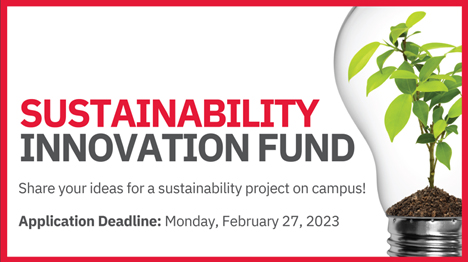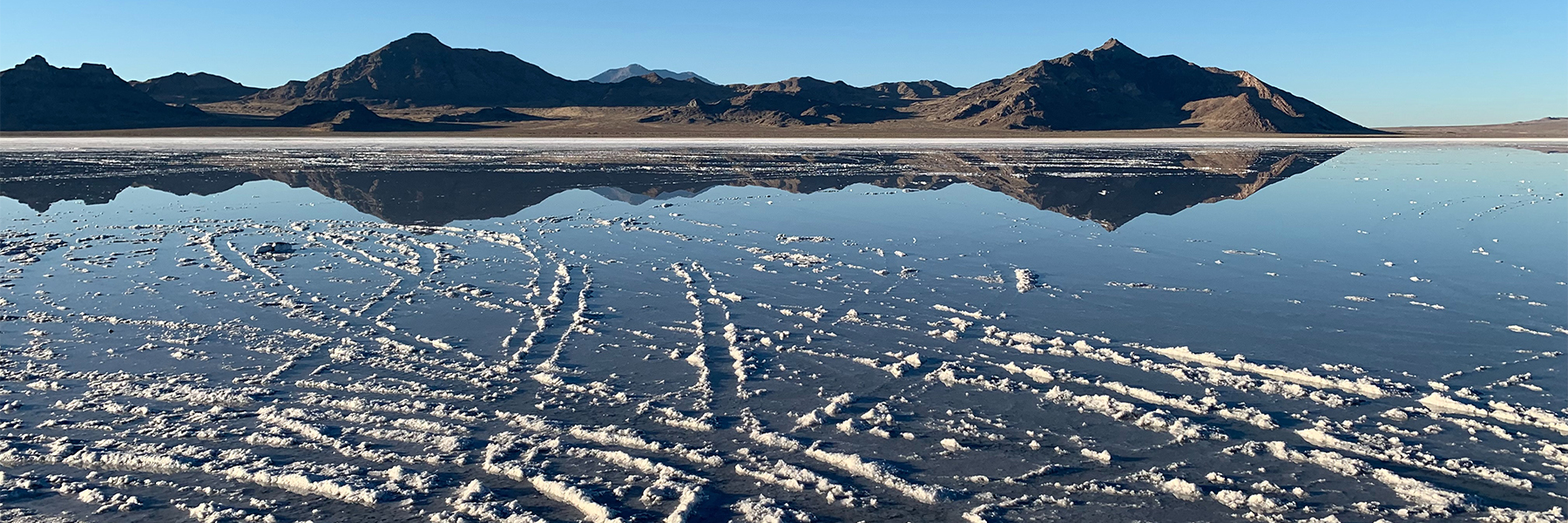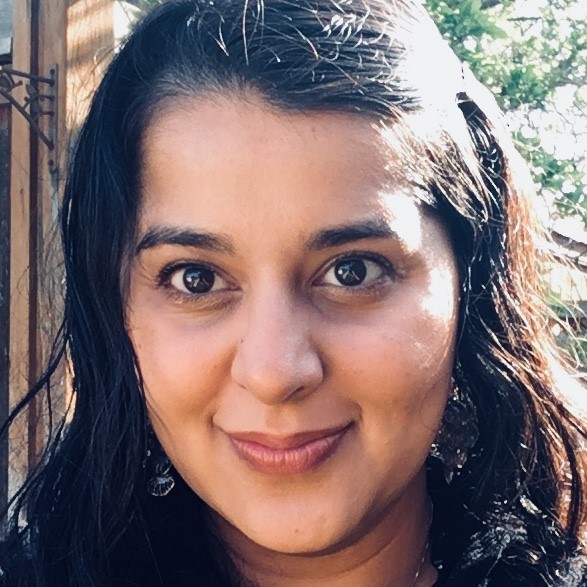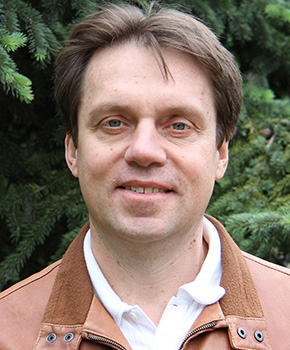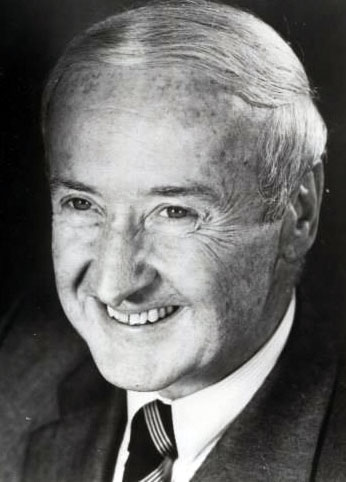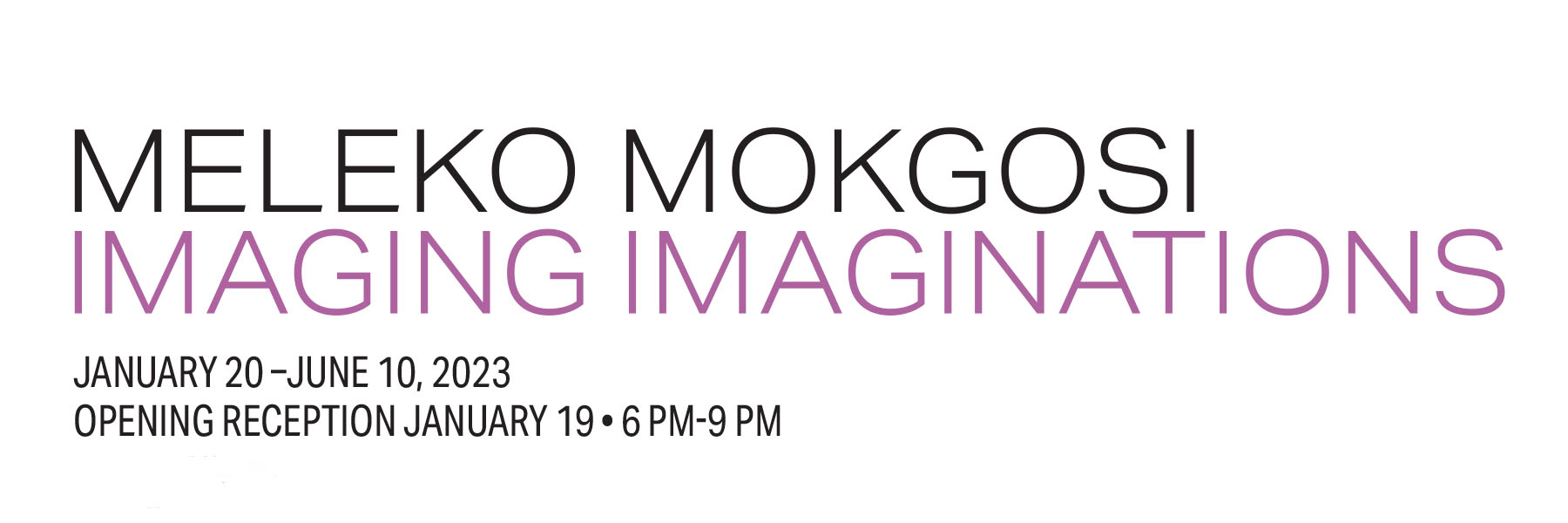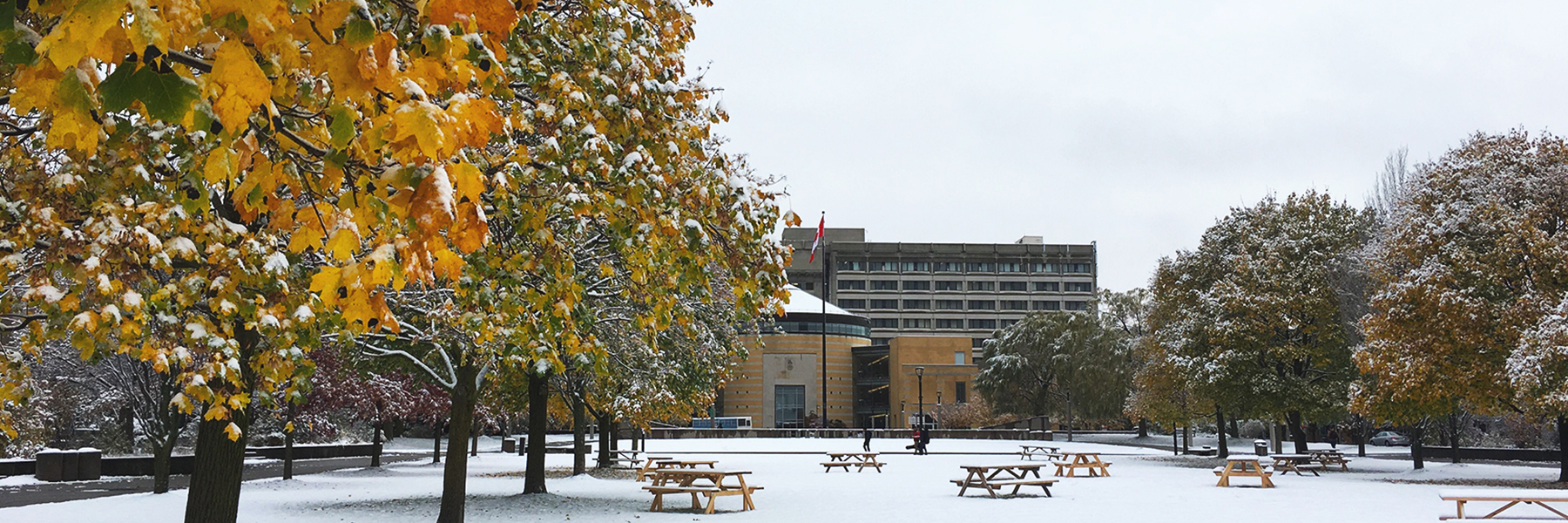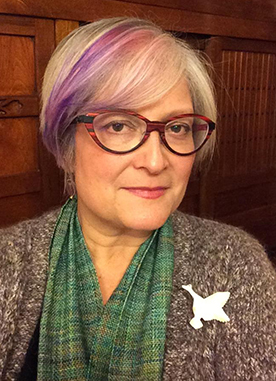York University is internationally recognized for its contributions to addressing the United Nations Sustainable Development Goals (UN SDGs) through teaching, research, stewardship, and partnerships. York’s annual SDG report is a snapshot of some of the work the University is doing in collaboration with Canadian and international partners to advance the Global Goals.
“The University is making determined and substantial strides towards the goals, through the power of higher education,” says York University’s Provost and VP Academic Lisa Philipps.
As the world rapidly approaches 2030, youth have been mobilizing to compel global leaders to take urgent action on the SDGs. “As a global SDG leader, York University and its students are already playing an integral role in this movement,” adds Philipps.
To continuously improve the support offered to students and graduates who are tackling these challenges, York University has embarked on a process of understanding how its courses address or are linked to the SDGs. This initiative maps York courses with one or more of the SDGs, as appropriate, and the University is making this information available to the community on its SDG website.
The goal is to better inform students about learning opportunities related to the SDGs, to understand York’s strengths and curricular assets across the disciplines, and to increase awareness and deepen SDG-related conversations at the University and beyond.
Teaching the SDGs: the number of York courses related to each Global Goal
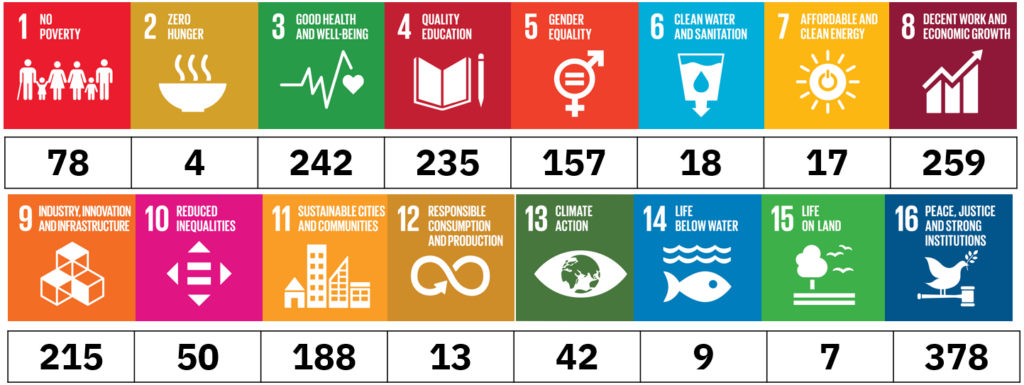
Lessons learned from mapping courses
In consultation with OSDG, an open access tool developed by the United Nations Development Program’s SDG AI Lab and the EU-based thinktank PPMI, York analysts were able to undertake this process. They looked at both undergraduate and graduate courses offered in both English or French across all Faculties and all courses offered at the time of this analysis.
This approach looked at the use of more than 20,000 keywords and with the help of machine learning identified courses that are related to one or more of the SDGs through course titles and official descriptions. The University learned about the OSDG tool from University College London.
York University is the OSDG’s first official North American partner, as the organization works with a range of global partners such as the University of Hong Kong. York analysts consulted other universities in Ontario, British Columbia, California, England and New Zealand, organizations like York that are recognized for their global leadership on SDGs. Those consultations focused on learning about best practices for mapping and sharing SDG-relevant courses with their respective communities.
In total, analysts identified 1,635 courses (38 per cent of all courses), that are related to at least one SDG. Mapping for SDG 17 is still in development. All Faculties were represented among the mapped courses and the above table shows the number of courses that were identified as being related to each SDG.
The OSDG’s machine learning-enabled course mapping functionality flagged SDG-related courses when they specifically referenced the SDGs in the curriculum or where the curriculum empowered students to independently tackle an SDG theme within or outside of the classroom.
Many courses also mapped to more than one SDG – in fact, 285 courses were simultaneously mapped to two SDGs and 43 courses mapped to three SDGs. The process of mapping courses to the SDGs is iterative and analysts recognize that it is reliant upon the use of specific keywords and phrases found in current courses descriptions. As course descriptions continue to evolve, the analysis will be updated.
This approach will continue to improve over time, as new keywords are contributed to the OSDG’s bank. The full list of mapped courses will be published by Spring 2023 on York’s SDG website for the benefit of prospective and current students. The University will invite feedback in the lead up to publishing these courses and will continue to welcome ongoing feedback thereafter to ensure the mapped list of courses are kept up to date, and remain helpful for the York community.
The current analysis will serve as a starting point to improve the process of capturing SDG-related courses and advancing SDG education, and research on the SDGs, as outlined in the University Academic Plan.
Feedback from former Provostial Fellow and Professor Cheryl van Daalen-Smith, associate dean, academic; the Sustainability Office; the UNESCO Chair in Reorienting Education Towards Sustainability; and the Vice-Provost Students team has also been invaluable during this initial mapping endeavor. This Provostial initiative was supported by the Associate Vice-President Teaching & Learning, the University Registrar, the Office of Institutional Planning and Analysis and York International.




